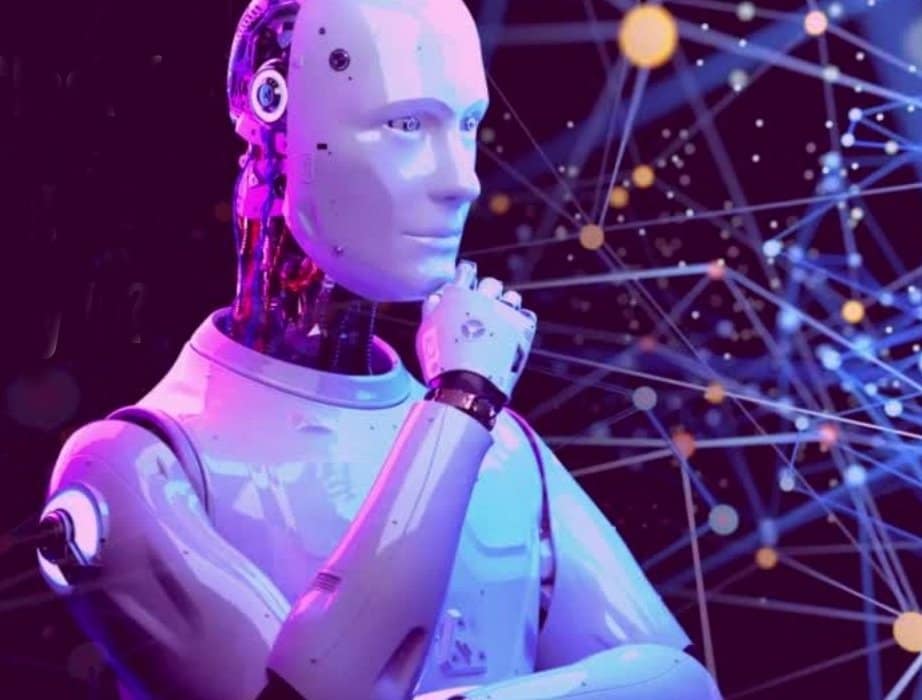Artificial Intelligence (AI) has emerged as one of the most transformative technologies of the modern era, captivating the world with its seemingly boundless capabilities. But what makes AI so remarkably intelligent? At its core, AI’s prowess stems from its ability to process vast amounts of data at unprecedented speeds, leveraging advanced algorithms and machine learning techniques to identify patterns, make predictions, and solve complex problems. Unlike human intelligence, which is constrained by biological limitations, AI thrives on computational power and scalability. It learns iteratively, improving its performance with each cycle of data analysis. Furthermore, AI systems are designed to mimic cognitive functions such as reasoning, decision-making, and even creativity, albeit in a structured and data-driven manner. The integration of neural networks, deep learning, and natural language processing has further amplified AI’s capabilities, enabling it to excel in diverse fields, from healthcare and finance to art and entertainment. However, the rapid advancement of AI also raises ethical and societal concerns, including issues of bias, privacy, and the potential displacement of human labor. As AI continues to evolve, it is crucial to strike a balance between harnessing its potential and addressing its challenges, ensuring that this powerful technology benefits humanity as a whole.
